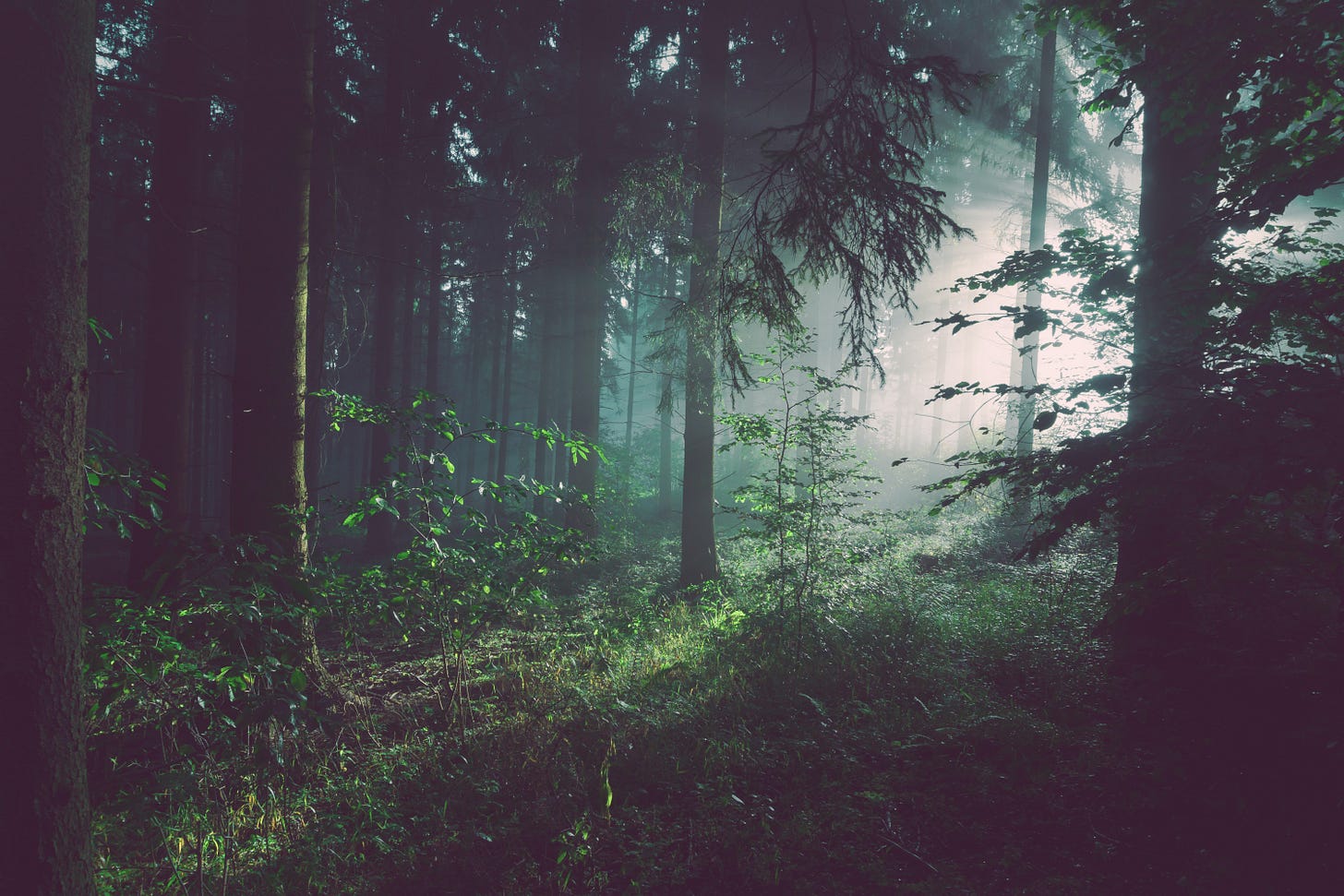Wild Ones #7: Communicating Ecology
A bi-weekly digest of ideas, news, and research in environmental communication

Photo by Sebastian Unrau on Unsplash
Below are a few ideas for communicating environmental issues that struck a chord with me this week:
A new definition for ecology: Kimberly Ruffin, Associate Professor of English at Roosevelt University, offers a useful definition of ‘ecology’ in her book Black on Earth: African American Ecoliterary Traditions: Ecology “is the study of the often overlapping experience of relationships among humans and among humans and nonhuman nature…[ecology] presupposes that (1) humans are indeed “natural”; (2) humans have developed a powerful and distinct culture within nature; and (3) cultural definitions of “humanity” influence an individual’s experiences among humans and with non-human nature.”
Wildlife ethics: Jeff Sebo’s article in Aeon Magazine: All we owe to animals: It is not enough to conserve species and ecosystems. We have an ethical duty to care for each individual animal on earth. He makes a compelling case for wildlife conservation based on individual animals well-being, rather than focusing only on the well-being of the species, or 'biodiversity.’
Environmental Journalism: The Society for Environmental Journalists will host a webinar on July 16 on the topic: Covering Climate, COVID-19 and the Economy — Is a Green Recovery Possible? You can join here.
The Story of Stuff: If you haven’t heard about Annie Leonard, or her groundbreaking 2007 online documentary, The Story of Stuff, you should check it out. Her documentary and subsequent work use storytelling in an extremely powerful and effective way to advocate for her cause, to raise awareness about our consumption-crazed culture, and its environmental consequences.
From my Desk
The Climate Crisis as ‘The Great Derangement’: The Star Wars scene that inspires Amitav Ghosh’s climate writing. I explore how the environmental writer Amitav Ghosh explores the question: how can art and storytelling, whether in novels or nonfiction, give voice to the nonhuman world?
The ‘Carrier Bag’ Theory of Nature Writing: Ursula K. Le Guin’s how-to guide to telling Life Stories over Killer Stories. Le Guin argues, “The trouble is, we’ve all let ourselves become part of the killer story, and so we may get finished along with it.” In this essay, I explore what she means by this, and how environmental writers, journalists, and communicators might tell more ‘life stories’ rather than ‘killer stories.’
Thanks for reading! And stay tuned for new updates this Thursday.
Gavin Lamb, Ph.D.



